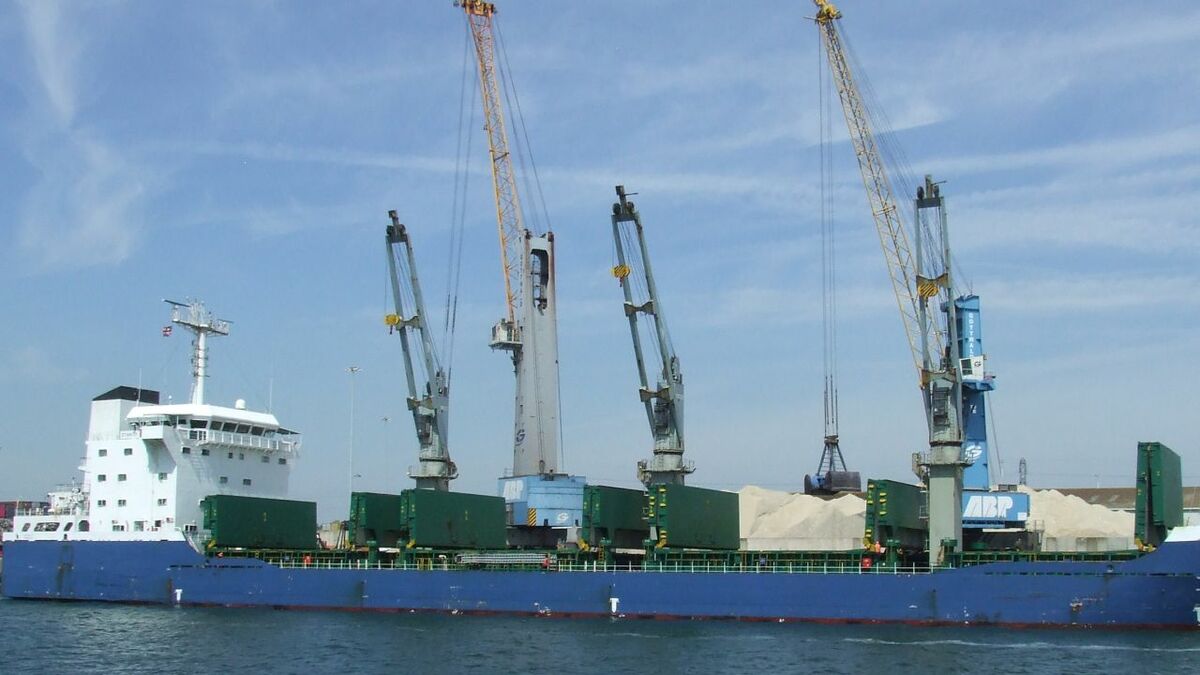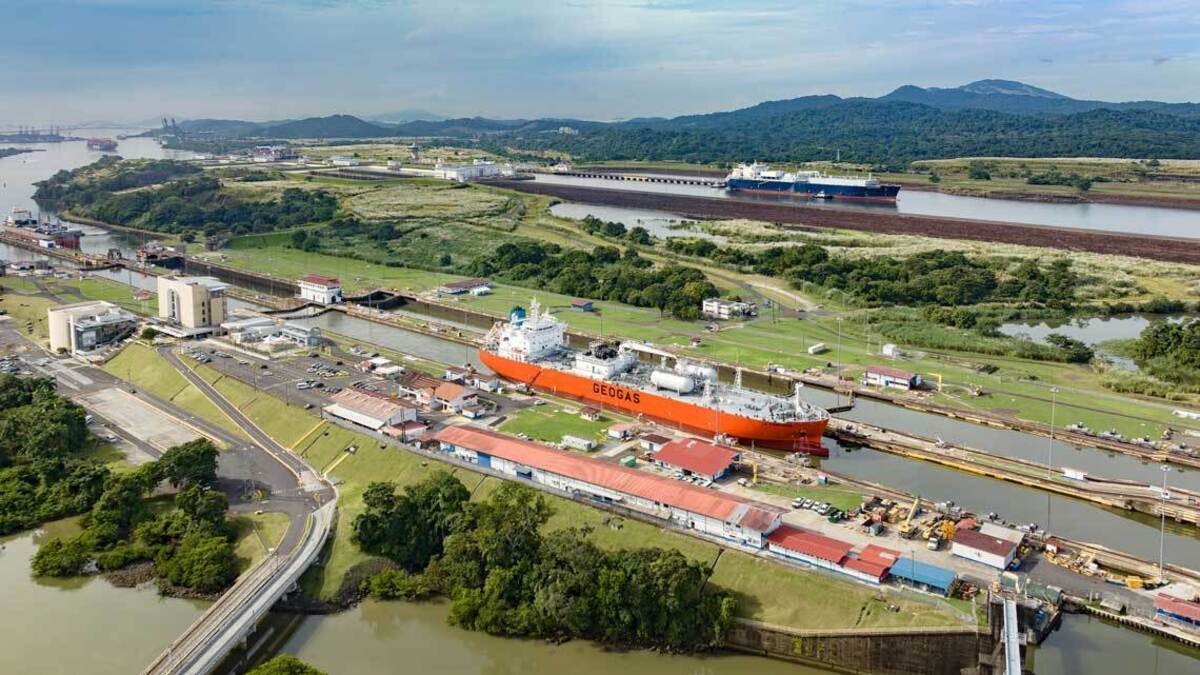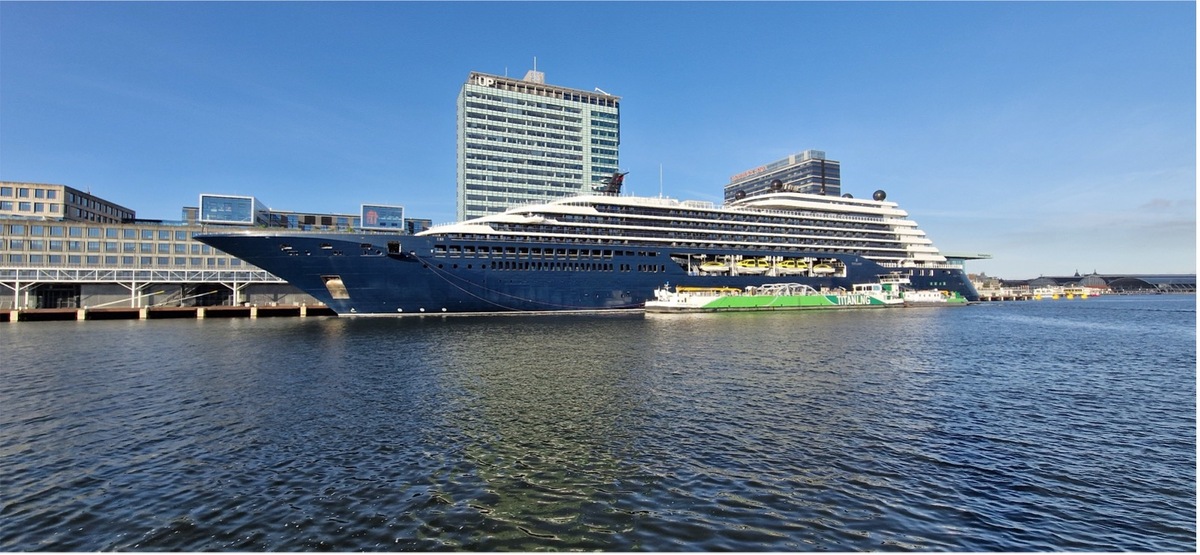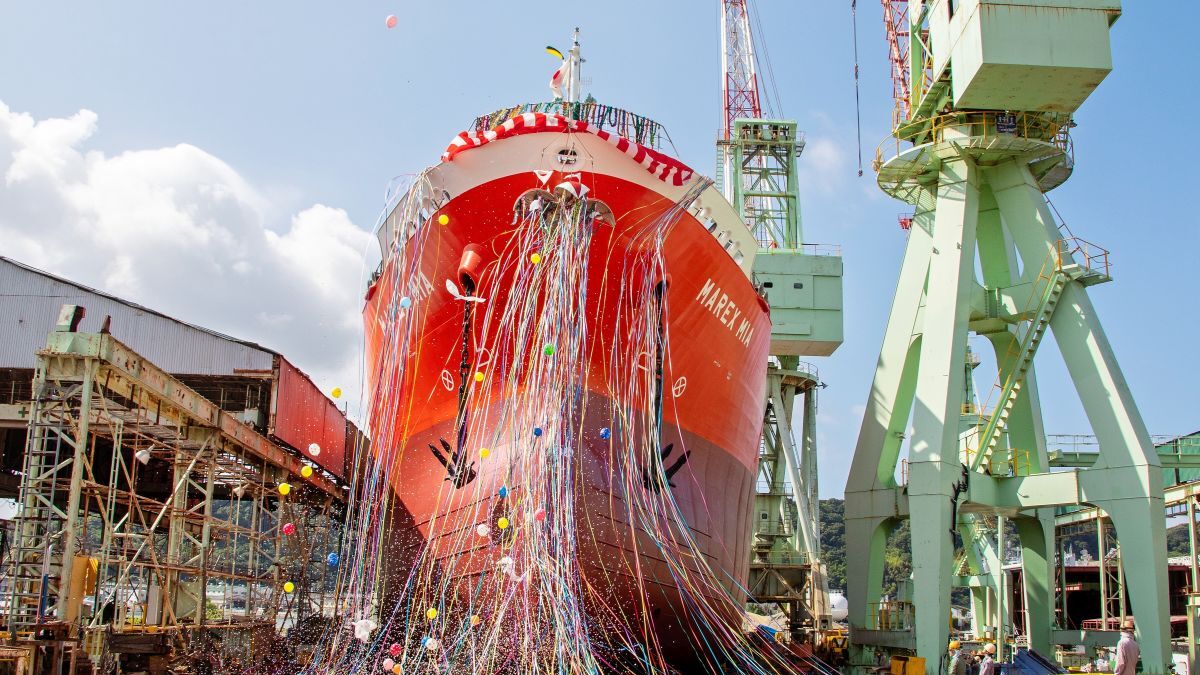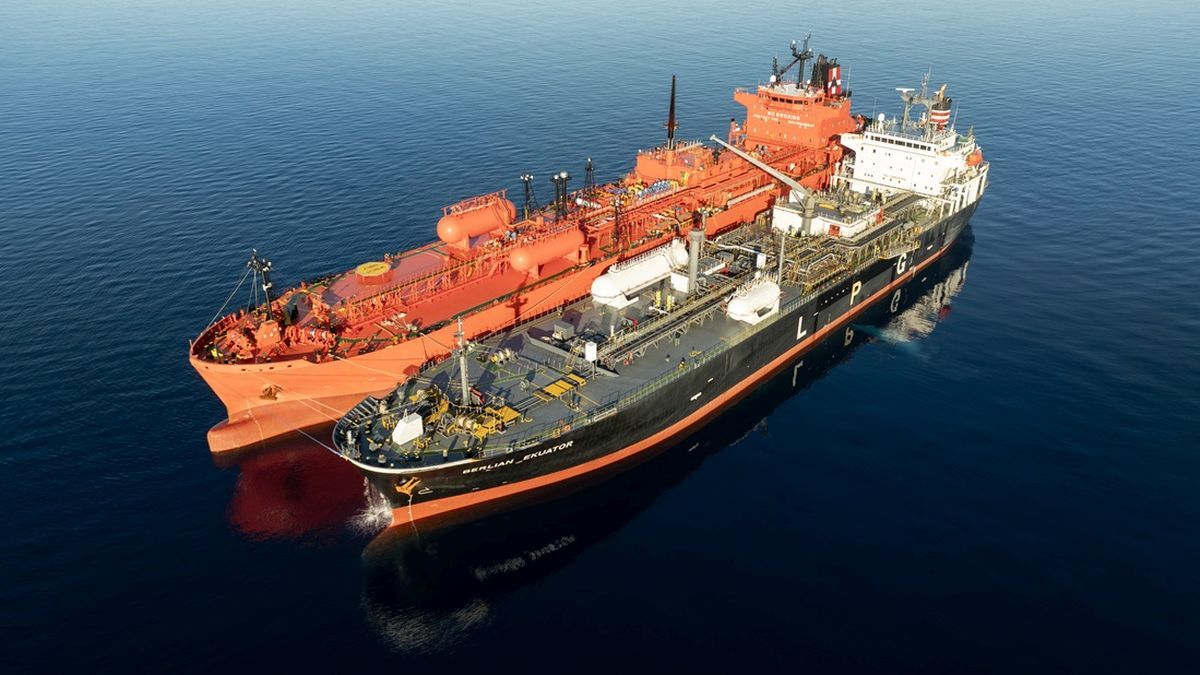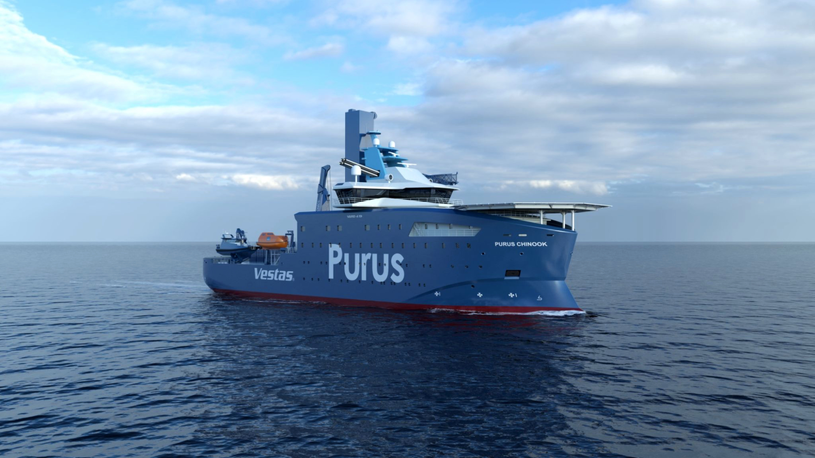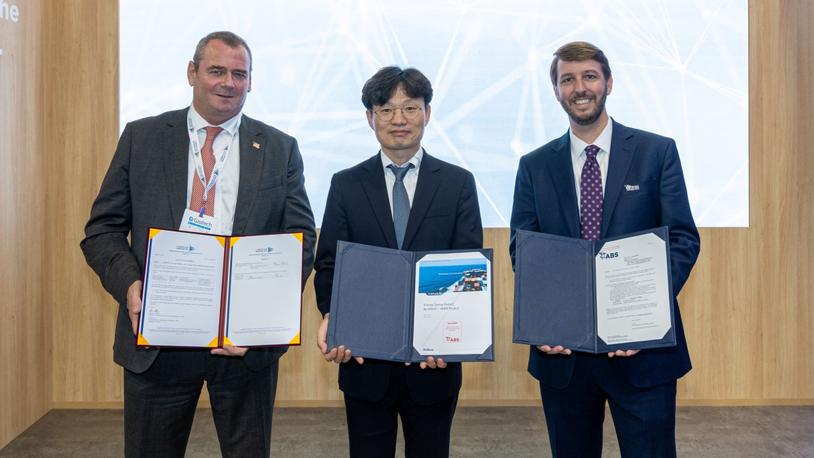Business Sectors
Events
Contents
Register to read more articles.
Data accuracy and AI can turn decarbonisation vision into reality
The shipping industry’s drive to reduce emissions and decarbonise is hampered by the lack of accurate data on ship operations in all weather and sea conditions
Lack of data on ship operations and fuel consumption and the loose nature of charterparty performance clauses means there is little incentive for efficiency improvements on vessels during voyages.
DeepSea Technology chief executive and co-founder Konstantinos Kyriakopoulos says ship operators and owners need more accurate vessel performance data and better analytics techniques to understand operations.
“Vessels are still data black spots,” he tells Riviera Maritime Media. “The vast majority of commercial ships still communicate with the outside world via one manually entered email per day,” he explains.
“The data that comes through in a noon report is barely trustworthy enough to learn how much fuel is on board a ship – let alone to diagnose the precise tweaks required to optimise its emissions.”
This lack of frequent, accurate information impacts operations and ship chartering due to low performance definitions in charterparties.
“Because we do not have enough data on the vessels themselves, we have not adopted the technology to turn this data into insights,” says Mr Kyriakopoulos.
There is not enough information to inform decisions to improve voyage efficiency and cut emissions, or to decide whether ships need retrofits or alternative fuels to meet sustainability goals.
“If we ask the commercial or operations manager of any shipping company how efficient their vessels are operated on a day-to-day basis, they would not know. How could they?” says Mr Kyriakopoulos.
“There is only one pathway to gaining this knowledge and using it to achieve business and climate goals. That is by getting real, live data from our ships and using advanced analysis techniques to uncover its secrets.”
A shortage of accurate information means charterers cannot measure ship performance, leading to low definitions of meeting contractual obligations in charterparties and their clauses.
“A performance clause should be at the very heart of the commercial transaction – theoretically attempting to add some guarantees around services rendered,” Mr Kyriakopoulos explains.
“In shipping, we usually conclude something like ‘roughly X knots at X consumption in good weather’ and sign off. What we expect of vessels is so imprecise, so low definition. Because we do not know enough about how they behave to make any sort of solid prediction.”
Low understanding leads to insufficient commercial incentives to invest in cutting shipping’s environmental footprint.
“Charterparties are becoming a blocker to decarbonisation,” Mr Kyriakopoulos comments. “The lack of predictability also leads to port congestion, avoidable accidents, and a broken market where more efficient vessels do not command greater prices.”
Technical and practical solutions
Technology such as smart sensors, digitalisation, satellite communications and artificial intelligence (AI) can influence shipping company revenues and profit margins.
“Shipping is a highly commercial animal – and operators only survive the rigours of the shipping cycle by being immensely savvy about where their cash is coming from and going to,” says Mr Kyriakopoulos.
“If technology can be proven beyond doubt to either of these numbers in the right direction, it will succeed. What AI gives us is the all-important missing ingredient: vessel predictability.”
Shipowners and operators need information on ship performance and fuel consumption in all weather and sea states.
“The lack of predictability also leads to port congestion, avoidable accidents and a broken market"
“Understanding what an individual ship will do under any set of conditions shows us the right answer for an optimal vessel and an optimal voyage.”
These are the most effective pathways, the “obvious low-hanging fruit” to reduce fuel and emissions without the high capital expenditure needed to retrofit ships.
“We need more data and more understanding,” says Mr Kyriakopoulos. “We need models of vessels, markets, supply chains, ports, and how they all interact. Cutting waste and boosting visibility is a win-win. It is better for the environment, better for the operator, and better for the client.”

DeepSea conducted a survey of shipowners and operators across multiple sectors and 56% of respondents said they understood their vessels’ behaviour in good weather conditions quite well. But 30% said that decreased to only a little when sailing in bad weather. The average level of accuracy with which fuel consumption was predicted was 85%.
Riviera’s two-day Maritime Decarbonisation, Europe: Conference, Awards & Exhibition 2023 returns to Amsterdam on 26-27 September 2023, seeking to bring clarity to regulatory directions and decarbonisation pathways for both newbuilds and existing vessels
Related to this Story
AI, digital twins help design cyber-secure, green SOVs
Events
Offshore Support Journal Conference, Americas 2025
LNG Shipping & Terminals Conference 2025
Vessel Optimisation Webinar Week
© 2024 Riviera Maritime Media Ltd.


